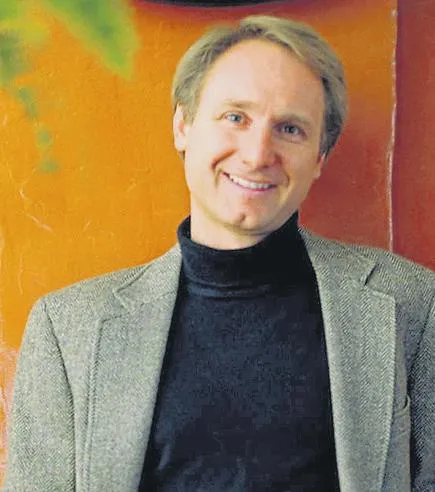‘We believe in one God’
How do we get to the point where we can stand up and say ‘We believe…’? What is the energy that enables us to say this and that keeps us saying it? These might seem like strange questions to ask, but they are important. It is possible to think of saying the Creed as something we do by an act of our own spiritual willpower, much like a superhero who strains every sinew to bend his will to lift the steel girder that has fallen on a car. If that is how I feel as I say the Creed then I have misunderstood a great deal – not only about the Creed, but about the Christian life itself. The very act of saying the Creed, of being able to declare the Christian faith before God, the angels, the demons, and the world, is possible only by the grace of God. It is not we who have brought ourselves to this point where we can say ‘We believe’, nor is it we who keep ourselves here. It is all of God. Our mouths declare God’s praise only because He opens our lips. It is bad enough to think that we come to profess the faith under our own steam. It is even worse to think that it was the church that created the realities described in the Creed. Everything the Creed speaks of is real only because God is who He is in eternity and because God has done what He has done in history. We are not the ones who constitute the ‘Christ of faith’ when we say the Creed: the Christ of faith is the previously-existent Jesus of history.
Wayward opinions
There are wayward theologians who think that instead of describing objective reality the Creed simply expresses the religious feelings of the Christian community, conjuring supposed realities out of spiritual sentiment. They read it as an expression of what people feel, rather than as a testimony to the God who exists and the things He has done. But, contrary to the opinion of learned church historians such as Dan Brown, the Creed did not make Jesus Christ who He is.







Defending the Youth and Children's Worker: it's not just the parents' job!
There has lately been a big push back in youth and children's ministry against leaving the job of discipling young …